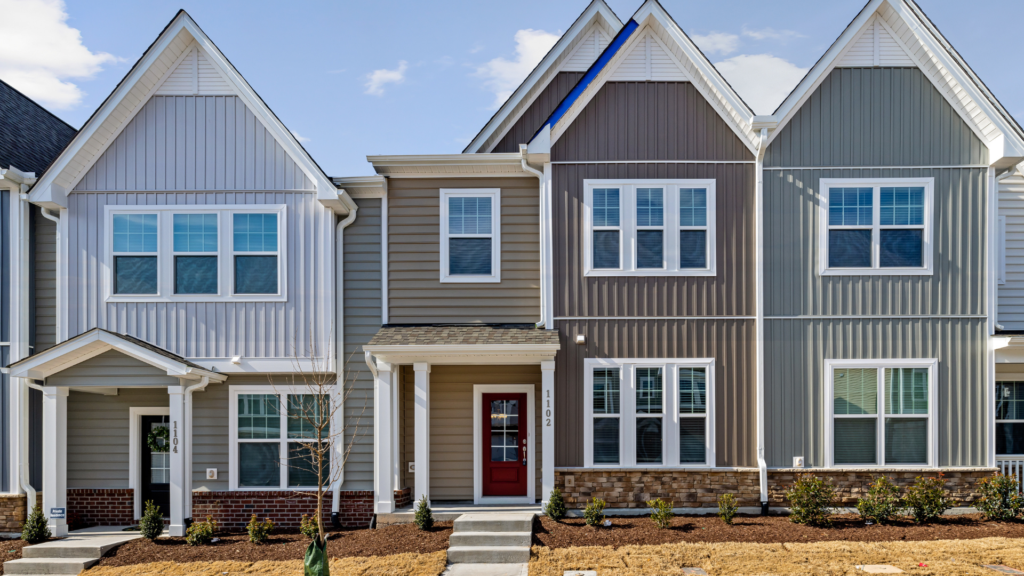Visit WisPolitics-State Affairs for premium content,
keyword notifications, bill tracking and more

Rep. Rob Brooks has announced a package of bills to build on last session’s bipartisan housing legislation and efforts to boost affordable housing in Wisconsin. Brooks, who chairs the Assembly Housing and Real Estate Committee, led a series of housing bills Gov. Tony Evers signed into law in 2023. The package sought to address the state’s housing shortage, setting aside $525 million for affordabl...